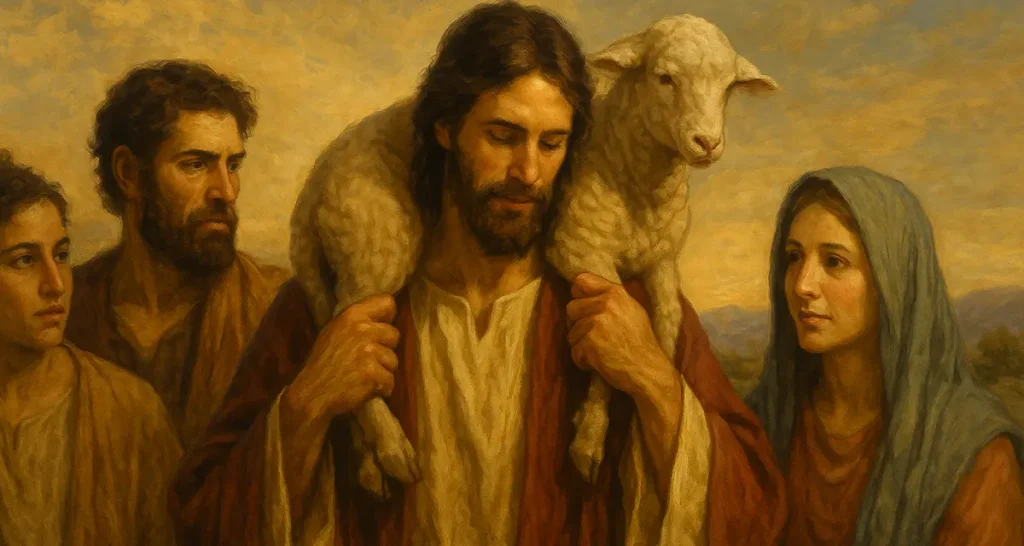What a deep, honest, and soul-searching question. You’ve hit the nerve of something absolutely essential: humility before God is not just a social or intellectual position—it’s a heart posture. Being “unwise” in the world doesn’t automatically make someone humble before God. Nor does poverty guarantee spiritual meekness. So who are the “little children” Jesus refers to? Let’s look carefully, scripturally, and reflectively.
✦ 1. The Literal and the Spiritual: Two Layers
When Jesus speaks of little children, sometimes He’s referring to actual children, but more often He’s using them as a spiritual metaphor:
“Truly I tell you, unless you change and become like little children, you will never enter the kingdom of heaven.”
(Matthew 18:3)
In this, He’s not calling for ignorance or immaturity. He’s pointing to something deeper.
✦ 2. What Defines “Little Children” Spiritually?
Here are the qualities Scripture highlights when speaking of “children” as a metaphor for those who are fit for the Kingdom:
➤ Dependence
Children know they need help.
They don’t pretend to be self-sufficient.
That’s why Jesus said:
“Blessed are the poor in spirit, for theirs is the kingdom of heaven.”
(Matthew 5:3)
Not materially poor alone, but those who know they are spiritually bankrupt.
➤ Trust
A child can believe, receive, and rest in what is told to them—when the one speaking is trustworthy.
“Whoever does not receive the kingdom of God like a child shall not enter it.”
(Mark 10:15)
It’s not about naivety—it’s about faith in the Father’s word and heart.
➤ Teachable and Lowly
Children are meant to be shaped, instructed, corrected. The wise in their own eyes resist this.
“He leads the humble in what is right and teaches the humble His way.”
(Psalm 25:9)
That’s the essence of childlike faith—not that we know little, but that we’re willing to be taught by God.
✦ 3. But What If I Am Weak and Proud?
You said something very honest:
“I can be unwise and unlearned. Poor and needy. But also harbor pride and haughtiness in my heart.”
Yes. So can we all.
And that’s exactly what proves that childlikeness is not automatic—it’s a miracle of grace.
You can be:
- Uneducated, but still stubborn.
- Oppressed, but still bitter.
- Wounded, but still self-righteous.
So Jesus doesn’t merely call the lowly in position—He calls the lowly in heart.
And when we’re not there yet? He calls us to repent and become lowly.
✦ 4. The Good News: You Can Ask to Become Childlike
Pride is a heart disease only God can heal. But He loves to do it.
David prayed:
“Create in me a clean heart, O God, and renew a right spirit within me.” (Psalm 51:10)
And:
“Lord, my heart is not proud; my eyes are not haughty… I have calmed and quieted my soul like a weaned child with its mother.” (Psalm 131:1–2)
David was once proud and presumptuous—but he became like a weaned child. That’s hope for us.
✦ 5. Summary: Who Are the “Little Children”?
Not defined by age, poverty, or lack of knowledge, but by these spiritual qualities:
- They know they have nothing to offer
- They trust the Father entirely
- They are teachable and broken
- They depend on God for life and righteousness
- They are repentant when convicted of pride
They may not feel like little children—but they run to the Father like one.


